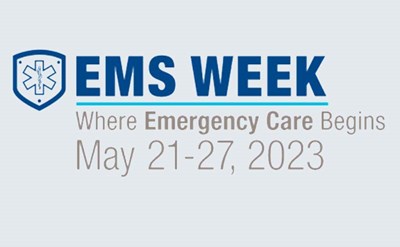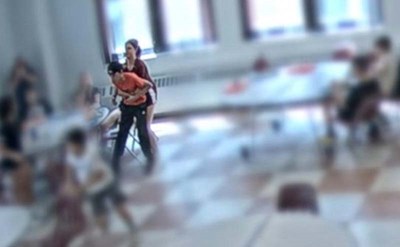January 20, 2023
A medical emergency can happen at any moment. Will you be prepared?
Nearly half of American adults will not, according to a new poll from the American College of Emergency Physicians (ACEP) and Morning Consult.
About 76% felt prepared to communicate with a 911 operator, but only 55% said they could provide hands-only cardiopulmonary resuscitation (CPR).
Meanwhile, just 47% said they were prepared to apply a tourniquet to control severe bleeding, the same number who said they could move a victim to safety. Fewer than 29% said they felt prepared to use an automatic external defibrillator (AED).
"A medical emergency can happen at any time and quick action by a bystander can be the difference between life or death," said ACEP president Dr. Christopher Kang. "Everyone can learn some easy steps to take so that they can help in an emergency."
About 83% of adults who've had some kind of emergency training say they're willing to act during a medical crisis while waiting for professional emergency responders to arrive.
The ACEP noted that the heart stops during cardiac arrest, which means blood isn't flowing to the brain and vital organs, and brain cells start to die in minutes. Response by bystanders is critical.
Click here to read the full article.
 American College of Emergency Physicians
American College of Emergency Physicians







